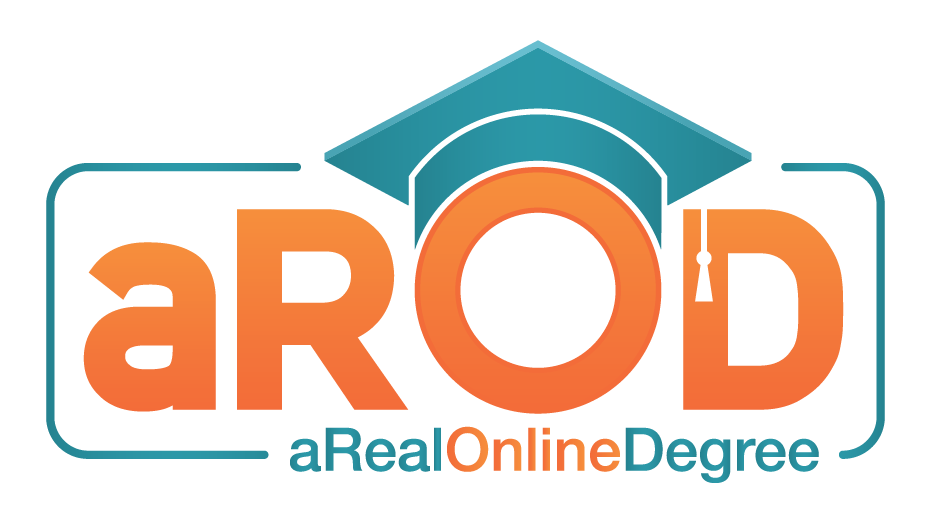Online Electrical Engineering Degree: Best Programs for 2017
Your Complete Guide To Online Electricl Engineering Degrees
Course Curriculum
Why Should Someone Pursue This Degree?
Standard Courses
In the first year of study, electrical engineering programs typically teach students fundamental mathematics and sciences. In most cases, students must complete various courses in mathematics such as differential calculus, integral calculus, and linear algebra. The science courses typically include mechanical physics, electrical physics, magnetism, and material chemistry. Most institutions also provide general courses in report writing and communication. The second year of study normally introduces students to various unifying courses that aim to expose them to the breadth of electrical engineering to prepare them for upper-level elective courses, such as information theory, solid state physics, signal/image processing, digital logic, computer architecture, opto-electronics, and circuit systems. In the third year of study, students have the option to specialize in a number of elective courses under the guidance of their career counselors, of course. The final year of study normally entails research and practical lessons. Students who complete the required number of course units successfully receive bachelor’s degrees and can work in one of following fields:
Related Programs
What Career Opportunities Are Available Once Completed?
Many career opportunities are available for electrical engineering students in the job market including:
- Electrical Engineering Jobs: These professionals deal with major electrical installations, health and safety concerns, and industrial level troubleshooting.
- Developers: Business development engineers are responsible for testing new electronic products for efficiency, specifications, and standardization.
- Designers: Design engineers usually map, design, and install significant electrical circuitry in a large building, for example.
- Maintenance Engineers: These professionals typically work in industries, and their primary job is to ensure that anything that has to do with electricity in an industrial setting is working correctly.
Why Should Someone Pursue This Degree Online?
- Online courses are often flexible and convenient.
- Online courses are, on average, relatively affordable compared to on-campus courses.
- Online students generally get everything on-campus students get from their tutors including one-on-one attention and feedback.
- Online learners generally receive wide exposure to course content and research materials.
- Innovative electrical engineering bachelor degree online software and multimedia tools generally enable faster learning for students.
Admission Requirements
If electricity and electrical gadgets intrigue you, then you should get an electrical engineering bachelor degree online. If you complete the program successfully, you are likely to find a job since the demand for electrical engineers is likely to grow in the near future, according to figures published by the BLS.
